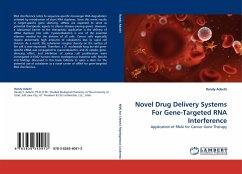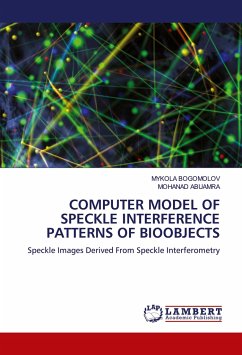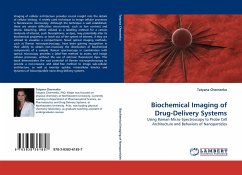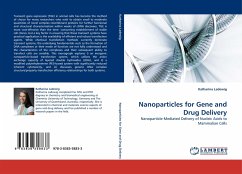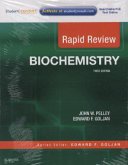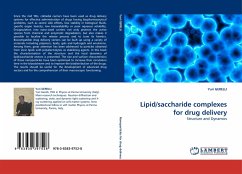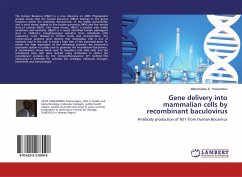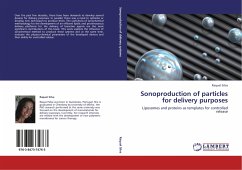RNA interference refers to sequence-specific messenger RNA degradation initiated by introduction of short RNA duplexes. Since this event results in target-specific gene silencing, siRNAs are expected to serve as potential therapeutic agents to silence disease-causing genes. However, a substantial barrier to the therapeutic application is the delivery of siRNA duplexes into cells. Cyanocobalamin is one of the essential vitamins needed for the division of all cells. Cancer cells especially require abnormally high amounts of cobalamins due to rapid cell division. As a result, the cobalamin receptor density on the surface of the cell is over-expressed. Therefore, a 21 nucleotide long bcr-abl gene-specific siRNA was conjugated to cyanocobalamin, and its uptake, gene-silencing effect, and inhibition of cancer cell proliferation were investigated in K562 human chronic myelogenous leukemia cells. Results and findings discussed in this book indicate to open a door for the potential use ofcobalamin as a novel carrier of siRNA for gene-targeted RNA interference.
Bitte wählen Sie Ihr Anliegen aus.
Rechnungen
Retourenschein anfordern
Bestellstatus
Storno

